Ion channels
Recent articles
Ketamine targets lateral habenula, setting off cascade of antidepressant effects
The drug’s affinity for overactive cells in the “anti-reward” region may help explain its rapid and long-lasting results.
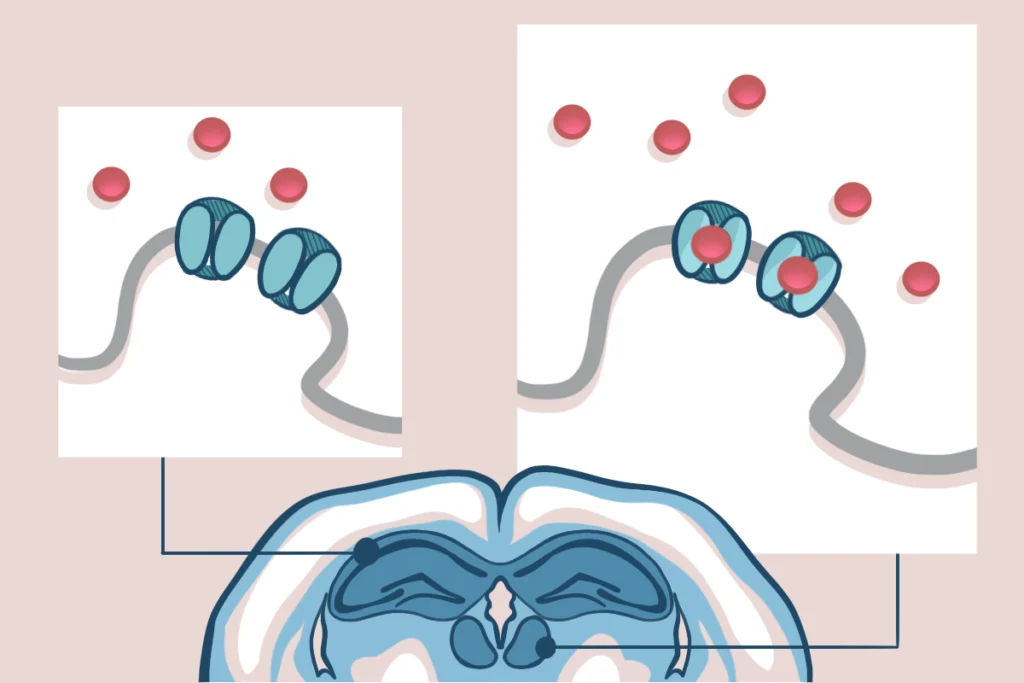
Ketamine targets lateral habenula, setting off cascade of antidepressant effects
The drug’s affinity for overactive cells in the “anti-reward” region may help explain its rapid and long-lasting results.
Crafting tales of science with Theanne Griffith
A lifelong passion for writing helped the neuroscientist land a book deal and publish 15 chapter books for early readers, covering topics ranging from what the cerebellum does to how a cake bakes.

Crafting tales of science with Theanne Griffith
A lifelong passion for writing helped the neuroscientist land a book deal and publish 15 chapter books for early readers, covering topics ranging from what the cerebellum does to how a cake bakes.
CRISPR gives autism-linked genes a boost, rescues functioning
A modified form of the gene-editing tool increases the expression of CHD8 and SCN2A, showing potential for autism therapies.
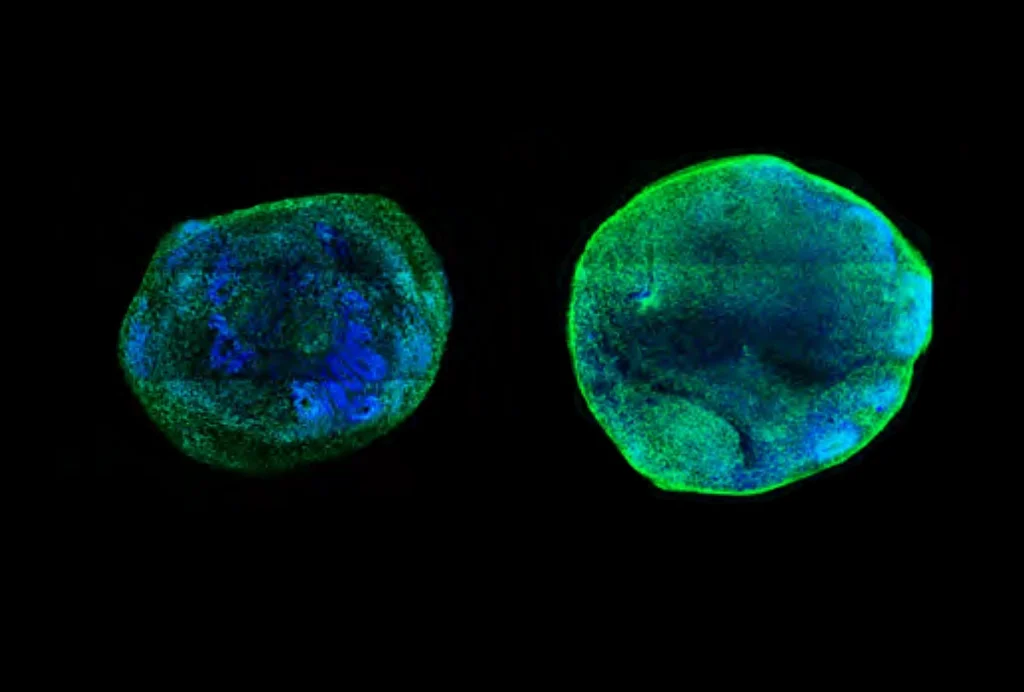
CRISPR gives autism-linked genes a boost, rescues functioning
A modified form of the gene-editing tool increases the expression of CHD8 and SCN2A, showing potential for autism therapies.
Microglial overreaction to atypical neurons may drive autism
In mice and organoids lacking a neuronal protein, microglia prune synapses to excess.
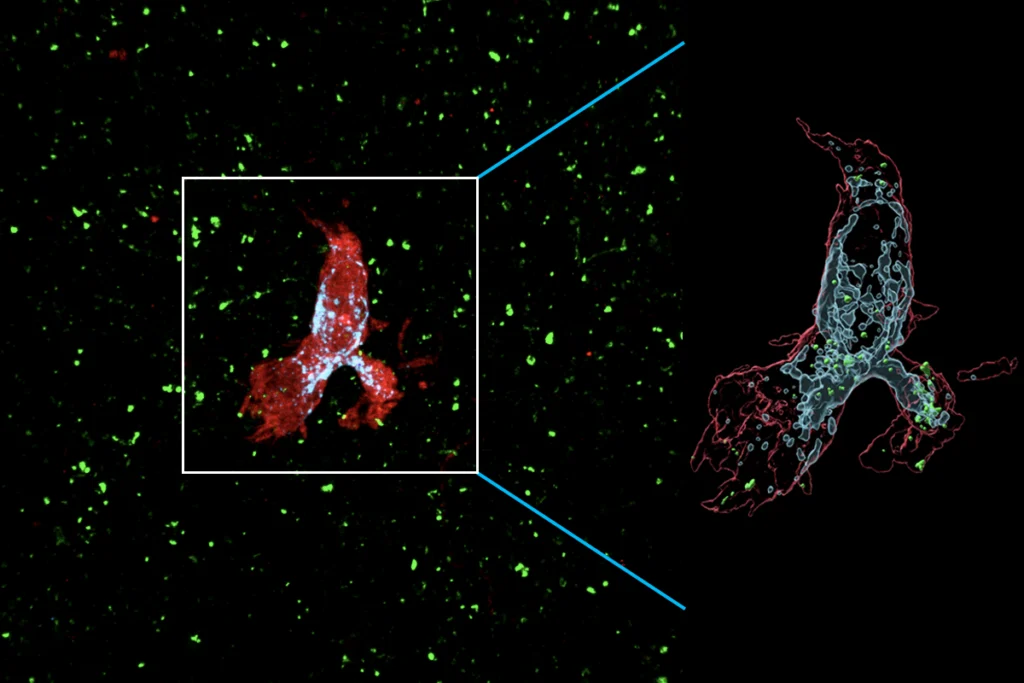
Microglial overreaction to atypical neurons may drive autism
In mice and organoids lacking a neuronal protein, microglia prune synapses to excess.
The legacy of William Catterall, ‘father of ion channels’
Catterall, who characterized the structure, function and regulation of sodium and calcium channels crucial for neuronal excitability, died last month at the age of 77.
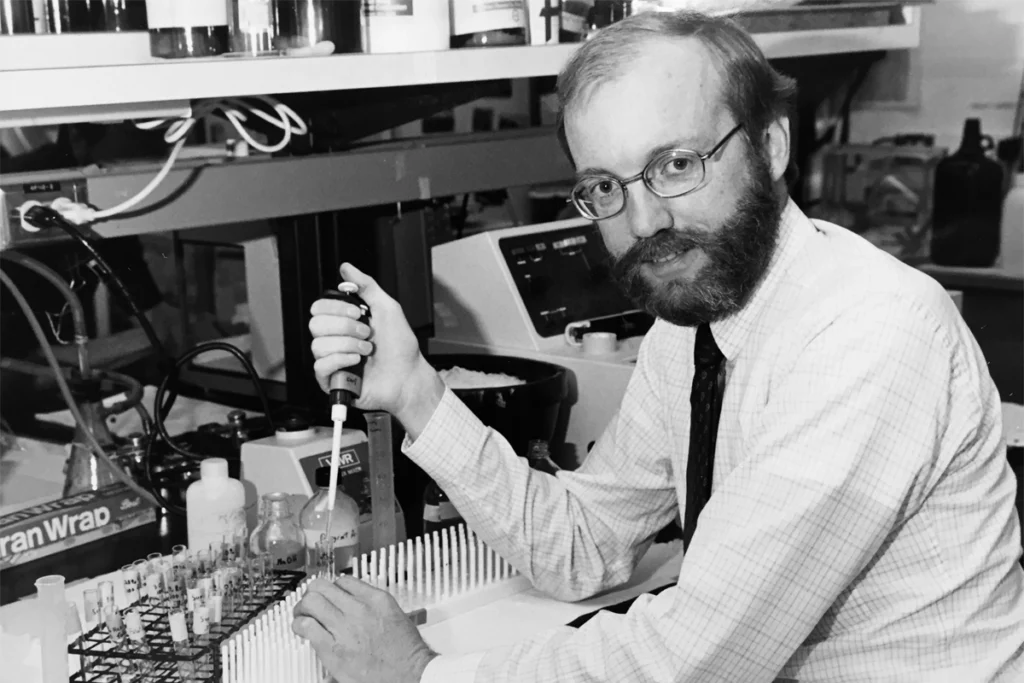
The legacy of William Catterall, ‘father of ion channels’
Catterall, who characterized the structure, function and regulation of sodium and calcium channels crucial for neuronal excitability, died last month at the age of 77.
Top autism-linked genes join forces to shape synaptic plasticity
The protein products of ANK2 and SCN2A interact to regulate dendritic excitability.
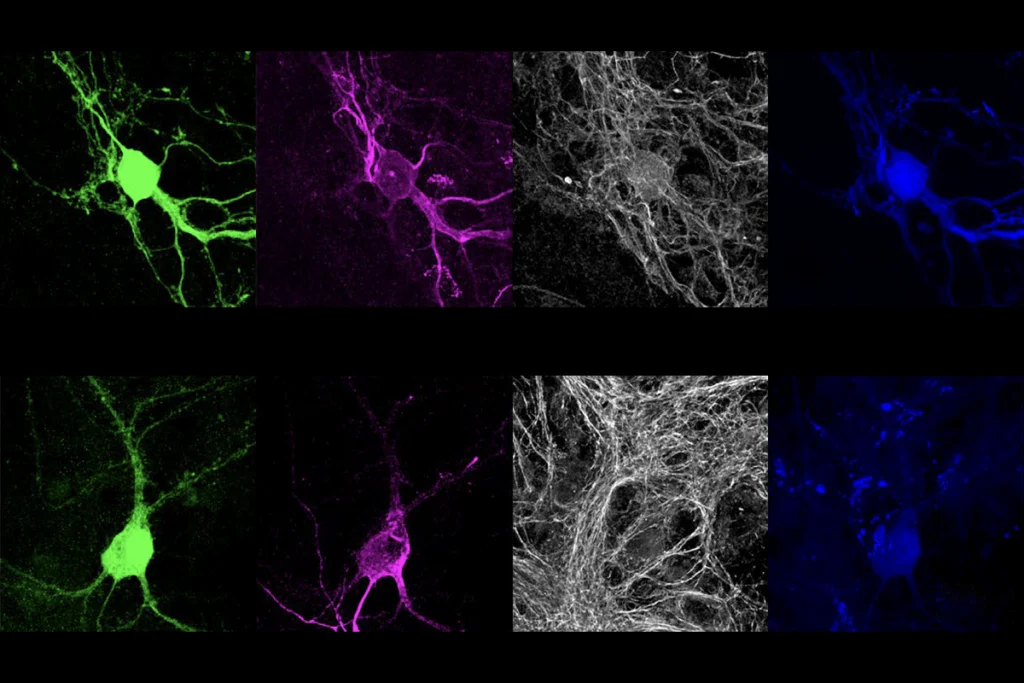
Top autism-linked genes join forces to shape synaptic plasticity
The protein products of ANK2 and SCN2A interact to regulate dendritic excitability.
Unconventional optogenetics technique spurs long-lasting changes in neuronal activity
Conventional optogenetic manipulations to excite or inhibit neurons stop when the light switches off. A new approach makes the changes last.
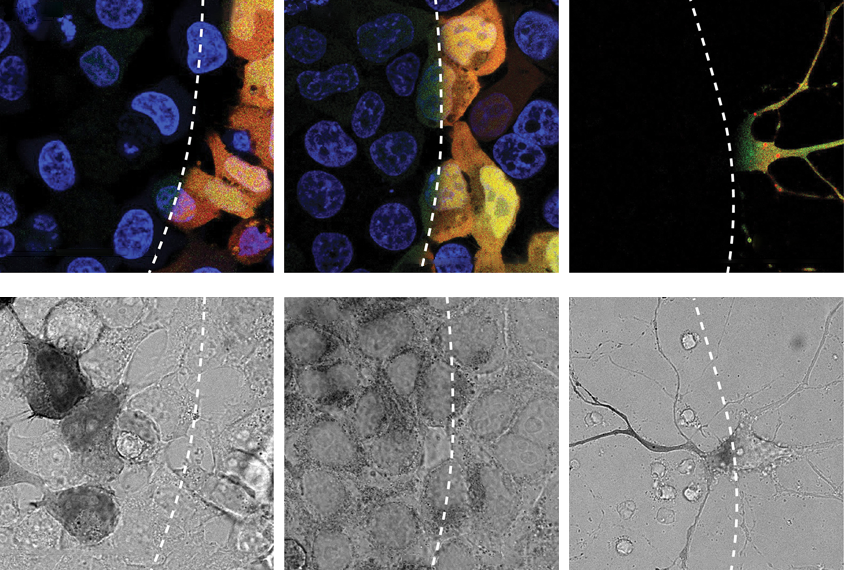
Unconventional optogenetics technique spurs long-lasting changes in neuronal activity
Conventional optogenetic manipulations to excite or inhibit neurons stop when the light switches off. A new approach makes the changes last.
Building a better drug
Iama Therapeutics is hoping a new class of molecule will prove successful against an old target in autism.
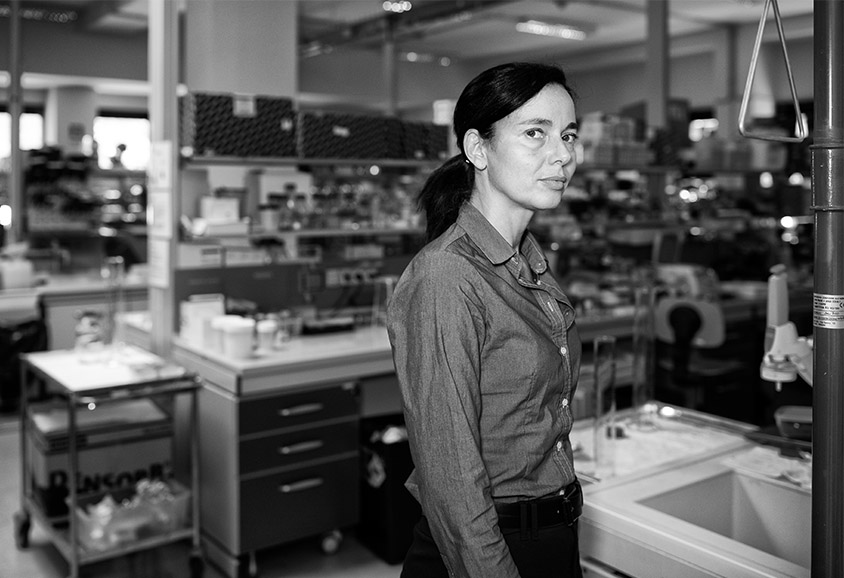
Building a better drug
Iama Therapeutics is hoping a new class of molecule will prove successful against an old target in autism.
Mini biopsies point to source of lethal seizures in model mice
Interneurons that fail to propagate electrical signals in mice that model Dravet syndrome may cause the animals, like people with the autism-linked condition, to die suddenly.
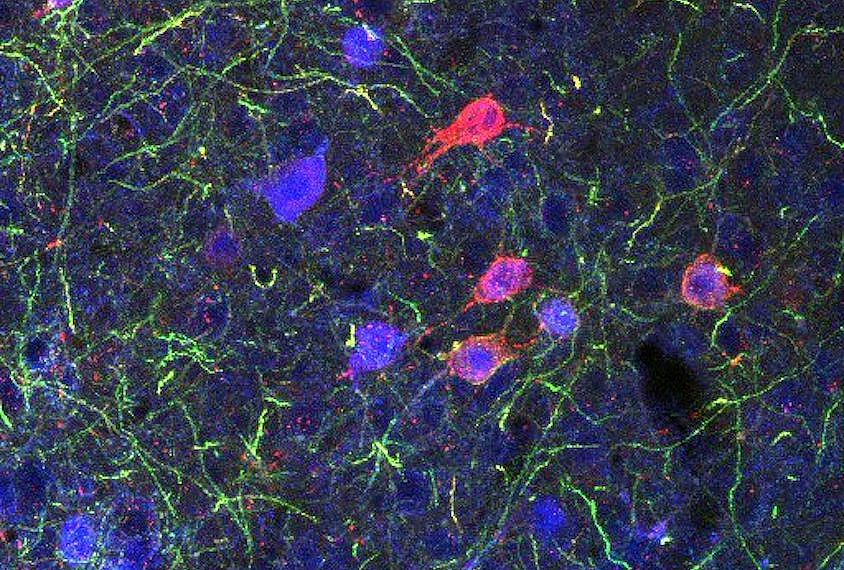
Mini biopsies point to source of lethal seizures in model mice
Interneurons that fail to propagate electrical signals in mice that model Dravet syndrome may cause the animals, like people with the autism-linked condition, to die suddenly.
Model mice hint at sodium channel gene’s contribution to autism
Altered electrical activity in the neurons of mice with a mutated copy of SCN2A may explain the animals’ autism-like social behaviors.
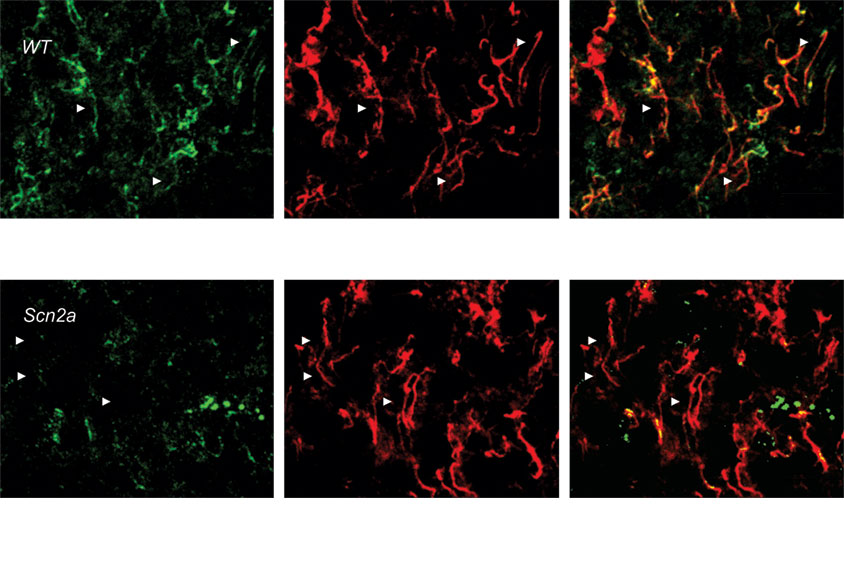
Model mice hint at sodium channel gene’s contribution to autism
Altered electrical activity in the neurons of mice with a mutated copy of SCN2A may explain the animals’ autism-like social behaviors.
Explore more from The Transmitter
PTEN problems underscore autism connection to excess brain fluid
Damaging variants in the autism-linked gene cause congenital hydrocephalus—a buildup of cerebrospinal fluid in the brain—by turbocharging a downstream signaling pathway that promotes the growth of cells, according to a new study.

PTEN problems underscore autism connection to excess brain fluid
Damaging variants in the autism-linked gene cause congenital hydrocephalus—a buildup of cerebrospinal fluid in the brain—by turbocharging a downstream signaling pathway that promotes the growth of cells, according to a new study.
U.S. health agency purge includes 10 lab heads at National Institute of Neurological Disorders and Stroke
The reasons for selecting these researchers—who have led work on neuronal migration, dopamine receptors in neuronal signaling and the structure of ion channels, among other areas—remain unclear.
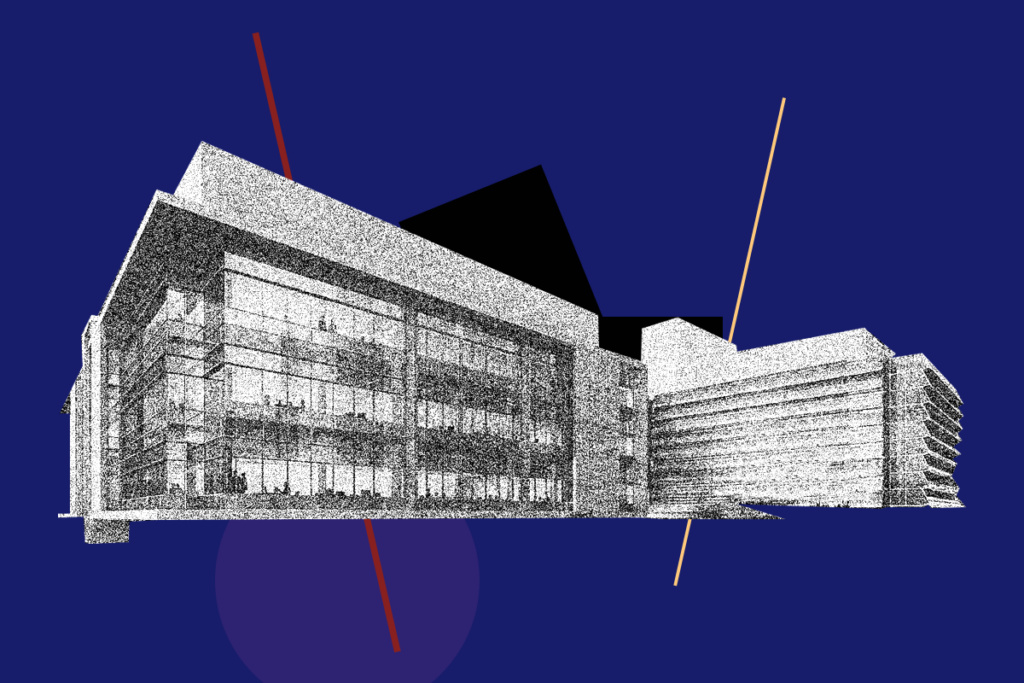
U.S. health agency purge includes 10 lab heads at National Institute of Neurological Disorders and Stroke
The reasons for selecting these researchers—who have led work on neuronal migration, dopamine receptors in neuronal signaling and the structure of ion channels, among other areas—remain unclear.
Five things to know if your federal grant is terminated
If you want to appeal the decision, know the rules that govern terminations, as well as the specific rationale given in your notice, science policy experts say.

Five things to know if your federal grant is terminated
If you want to appeal the decision, know the rules that govern terminations, as well as the specific rationale given in your notice, science policy experts say.